
The possibility of a grand bargain between Saudi Arabia, the United States and Israel continues to grow. While the odds are still against such an agreement, the result would transform the politics of Israel, the geopolitics of the Middle East and international relations from one end of the planet to the other. And it’s becoming clear how much at least some of the stakeholders involved want a deal.
We learned last week how much the Saudis covet a diplomatic relationship with Israel, when the Wall Street Journal reported that the Saudis had proposed the resumption of their financial support to the Palestinian Authority. They had first reduced and then suspended the aid years ago due to allegations of incompetence and corruption, but their proposal to restore it underscores their need for a stronger military presence against potential Iranian aggression in the years ahead. Despite a nominal peace treaty that they signed with Iran last spring, the Saudis are still understandably suspicious and therefore see the need to protect themselves against a possible confrontation with the region’s other Muslim military power.
A treaty between Saudi Arabia and the United States would require massive U.S. weapons transfers, an enhanced mutual security agreement, and American support for a civilian nuclear program. As an incentive to tempt a reluctant Biden Administration to sign off on the nuclear plan, the Saudis have let it be known that they will move forward in a similar partnership with China if the U.S. does not sign on. While there are many leaders of both parties in Washington who are skeptical of providing Saudi Arabia with even non-military nuclear capability, watching the Chinese enter a similar arrangement would be even more objectionable.
Many of Biden’s fellow Democrats harbor deep resentment toward the Saudis for numerous human rights abuses – most notably the murder of Washington Post columnist Jamal Khashoggi in 2018. (For that matter, so does Biden himself.) But the steady stream of White House and State Department officials to Riyadh and Jerusalem over the last few months demonstrates how motivated our country’s leaders are to finalize an agreement too. In addition to lowering tensions throughout the Middle East to a level never before seen in the modern era, the U.S. and its allies would be able to redirect diplomatic and military attention from that region to the Pacific Rim to provide a stronger bulwark against China. (Not to mention the abundant political benefits that Biden would achieve heading into a closely contested re-election campaign.)
We are now at a point where both Saudi Arabia and the United States are notably and publicly enthusiastic about the possibilities of this type of treaty. Which means that the most significant outstanding question is whether Israel is equally invested in making this happen. It seems self-evident that expanding the Abraham Accords to include Saudi Arabia could lessen the possibility of state-sponsored violence against the Jewish state to a level that has never before existed. While absolute peace can never be guaranteed as long as the Iranian mullahs remain in control of their country, it’s clear that full diplomatic relations with the Saudis would provide an unprecedented level of security and safety for Israel and its people.
But Saudi Arabia is offering money to the Palestinians because they recognize the importance of the Palestinian Authority signing off on any deal. So does the U.S. While the prospect of a Palestinian state in the West Bank and Gaza is still a non-starter (and will be for the foreseeable future), Israel will almost certainly be required to pull back dramatically on settlement activity and make other comprehensive territorial concessions as their part of the agreement. Benjamin Netanyahu’s current majority coalition would oppose such a pullback, which would therefore require Netanyahu to fashion a more centrist government. But there’s no guarantee that a less extreme Knesset majority would take these extraordinary steps either.
Israel has been quiet as to what is sees as a path to achieving this type of breakthrough. But at some point soon, they are going to have to start talking publicly too.
Dan Schnur is the U.S. Politics Editor for the Jewish Journal. He teaches courses in politics, communications, and leadership at UC Berkeley, USC and Pepperdine. He hosts the monthly webinar “The Dan Schnur Political Report” for the Los Angeles World Affairs Council & Town Hall. Follow Dan’s work at www.danschnurpolitics.com









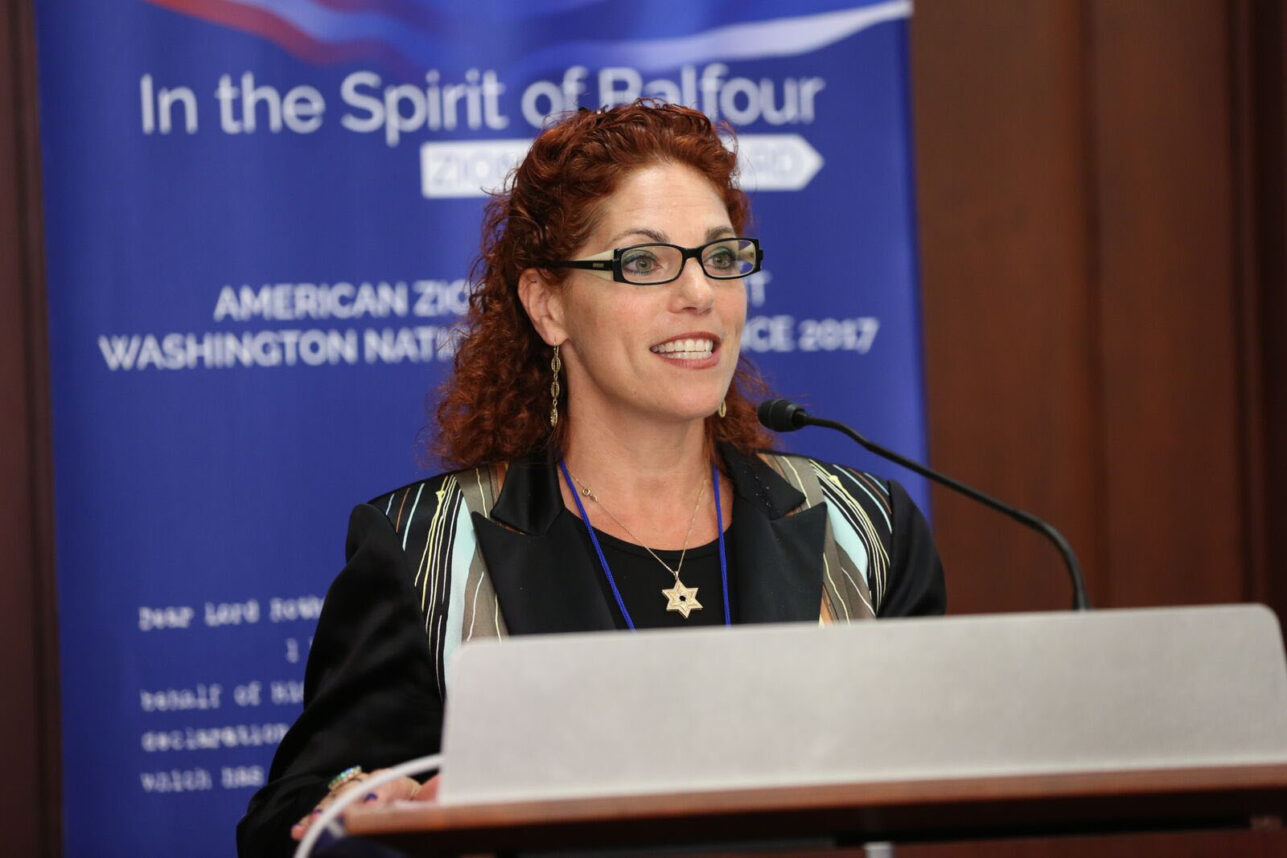
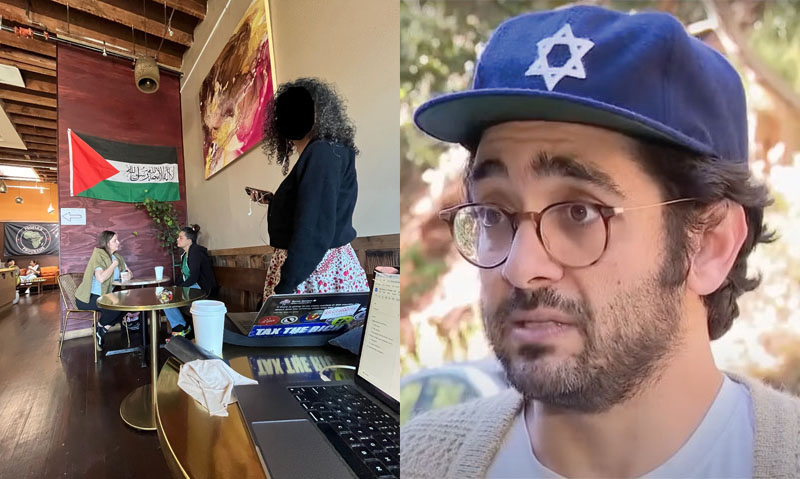




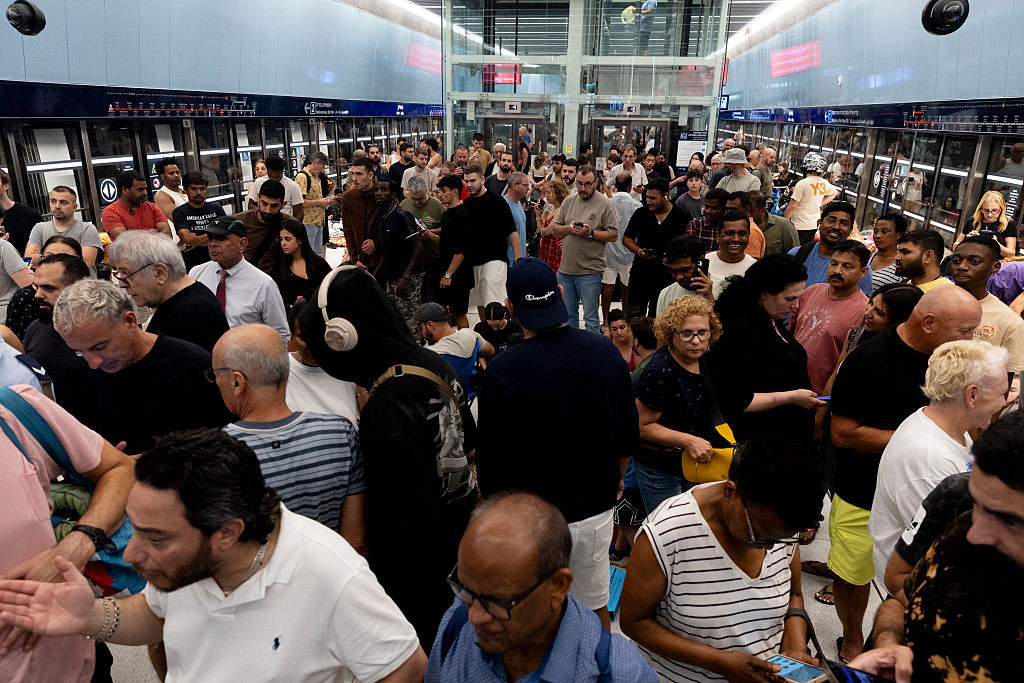

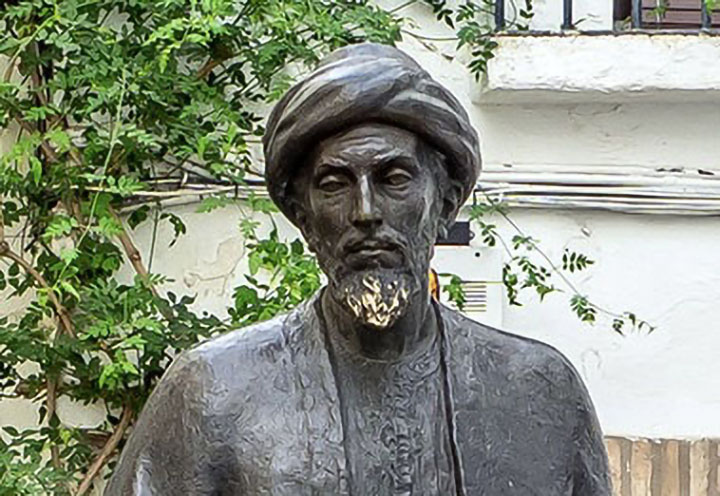



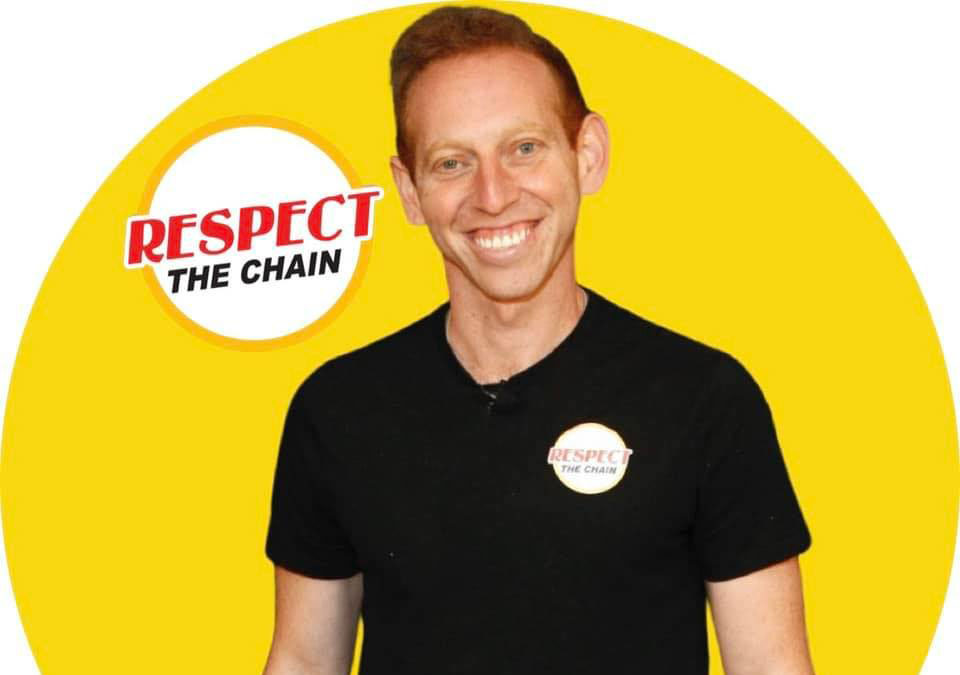

 More news and opinions than at a Shabbat dinner, right in your inbox.
More news and opinions than at a Shabbat dinner, right in your inbox.